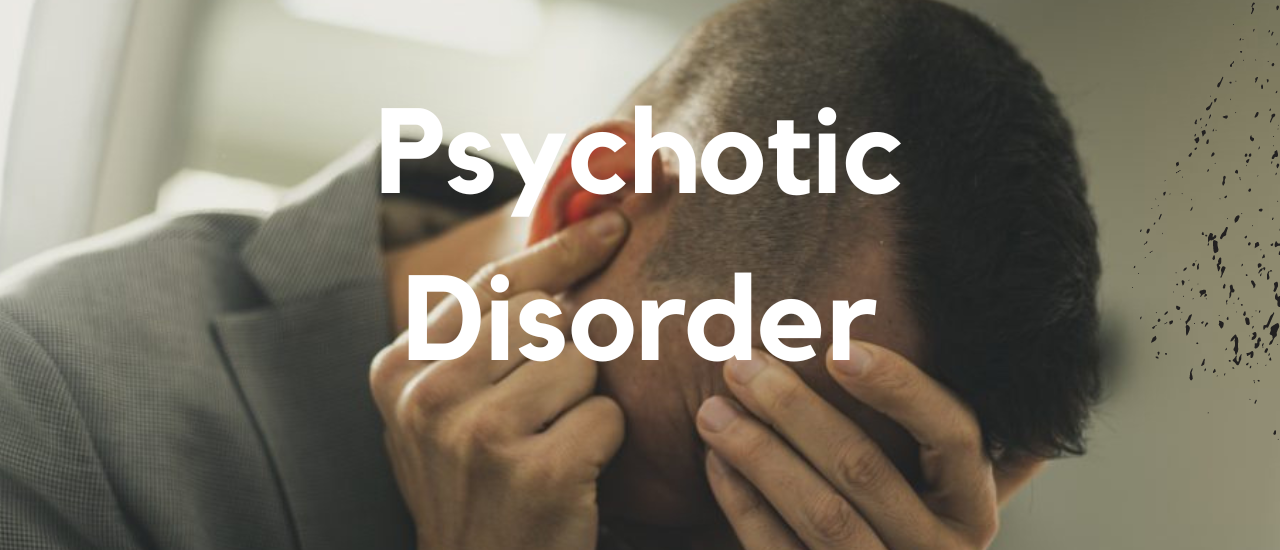

wordpress-seo domain was triggered too early. This is usually an indicator for some code in the plugin or theme running too early. Translations should be loaded at the init action or later. Please see Debugging in WordPress for more information. (This message was added in version 6.7.0.) in /home/sehatnagar.com/public_html/wp-includes/functions.php on line 6114
Psychotic and mood disorders dsm-5 are mental illnesses that cause a person’s personality to become severely confused and the person to lose touch with reality. Psychotic disorders are a group of serious mental illnesses. They make it difficult to think clearly, make sound decisions, respond emotionally, communicate effectively, understand reality, and behave appropriately. People who exhibit symptoms of psychotic disorder that do not appear to match the criteria for a psychotic or schizophrenia spectrum diagnosis may have what was previously known as psychotic disorder.
Schizophrenia is a long-term brain disorder. Symptoms of schizophrenia include delusions, hallucinations, disorganized speech, difficulty thinking, and a lack of motivation. However, with treatment, most symptoms of schizophrenia will improve significantly, and the likelihood of recurrence will be reduced. The complexity of schizophrenia may explain why there are so many misconceptions about it. Schizophrenia does not imply a split or multiple personality. The majority of people with schizophrenia are no more dangerous or violent than the general population. While a lack of community mental health resources may result in homelessness and frequent hospitalizations, it is a common misconception that people with schizophrenia end up homeless or in hospitals. The majority of people with schizophrenia live with their families, in group homes, or on their own.
Delusional disorder, formerly known as paranoid disorder, is a type of severe mental illness known as a psychotic disorder. People who have it are unable to distinguish between what is real and what is imagined. The primary symptom of delusional disorder is delusions. They are firm beliefs in something that isn’t true or grounded in reality. However, this does not imply that they are completely unrealistic. Delusional disorder is characterized by delusions that are not bizarre in nature, such as being followed, poisoned, deceived, conspired against, or loved from a distance.
Schizophreniform disorder is a medical condition that causes schizophrenia symptoms to last for one to six months. Schizophrenia is a long-term mental illness. If schizophreniform disorder symptoms persist for more than 6 months, a person may have schizophrenia. Psychosis is a symptom of schizophreniform disorder. This leads to a person believing things that are not true and having sensory experiences that others do not have.
Paranoid delusions characterize paraphrenia, a type of mental disorder. The affected individual has imaginary fears or anxieties that are frequently exaggerated, but does not lose significant intellectual abilities such as memory or daily routine habits. Although paraphrenia has symptoms similar to schizophrenia, it is more common in the elderly, especially those over the age of 60, and it is also a relatively uncommon condition. Schizophrenia, on the other hand, is commonly reported in teenagers, young adults, and people in their forties.
A mental health illness known as schizoaffective disorder is characterized by symptoms of both schizophrenia and a mood disorder, such as major depressive disorder or bipolar disorder. In reality, a lot of persons with schizophrenia initially receive the wrong diagnosis of depression or bipolar disorder. The major connection between schizophrenia and schizoaffective illness is a mood condition. But it’s typically seen and handled as a fusion of the two illnesses.
A rapid, brief phase of psychotic activity is a symptom of brief psychotic and mood disorders dsm-5 disorder, which is frequently triggered by a traumatic event like a death in the family. Recovery occurs rapidly, usually in less than a month. Learn more about the many types of short psychotic illness.
Risk factors are attributes, characteristics, or experience that increase the likelihood of developing an illness or disorder. An understanding of the risk factors involved in mental disorders may inform the development of more effective treatments or even lead to prevention. Particular attention is currently being paid to risk factors in psychoses, a group of disorders that cause people to perceive or interpret things differently from those around them. Psychosis is typically characterized by hallucinations and delusions.
Body Dysmorphic Disorder DSM-5; Causes & Signs
Acute Trauma: 5 Symptoms & Factors That Related To Stress
Dissociative Disorder: Symptoms, Causes & DD Facts
Oppositional Defiant Attention Deficit Disorders(ODD): Signs & Therapies